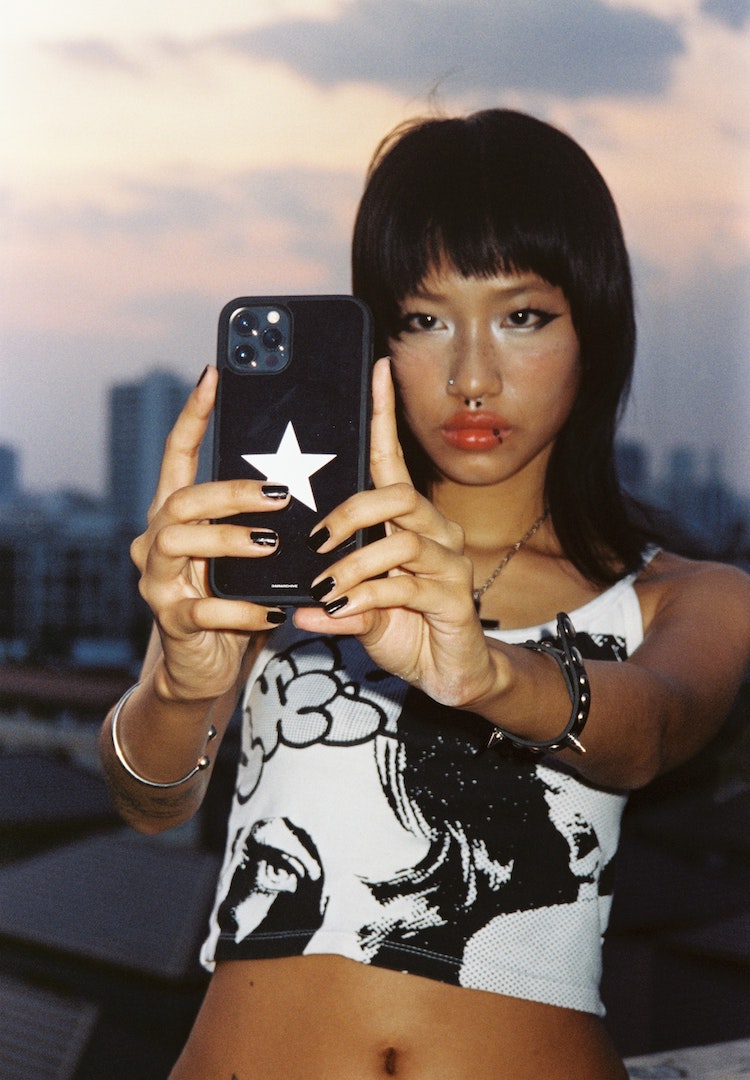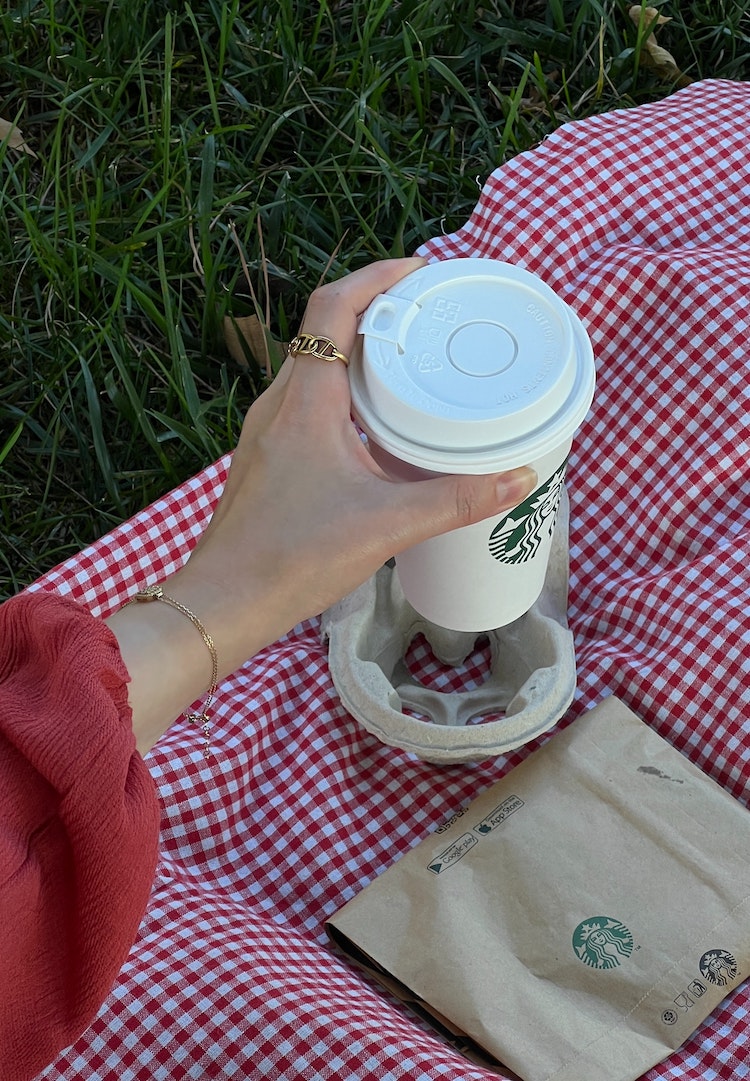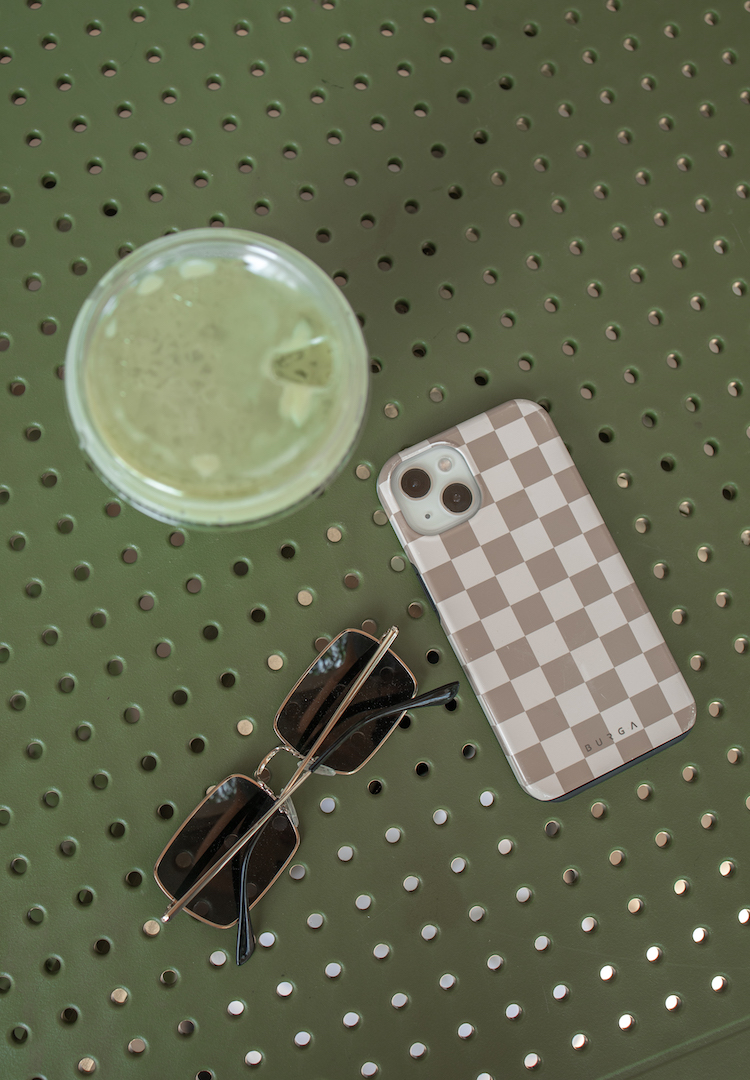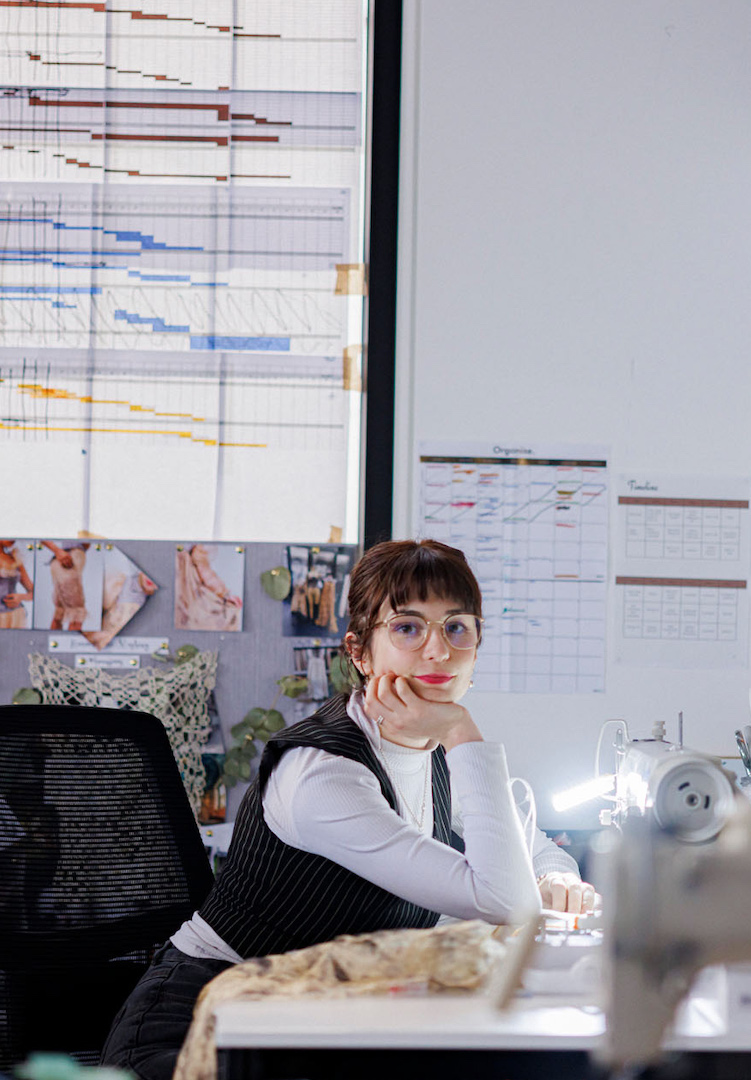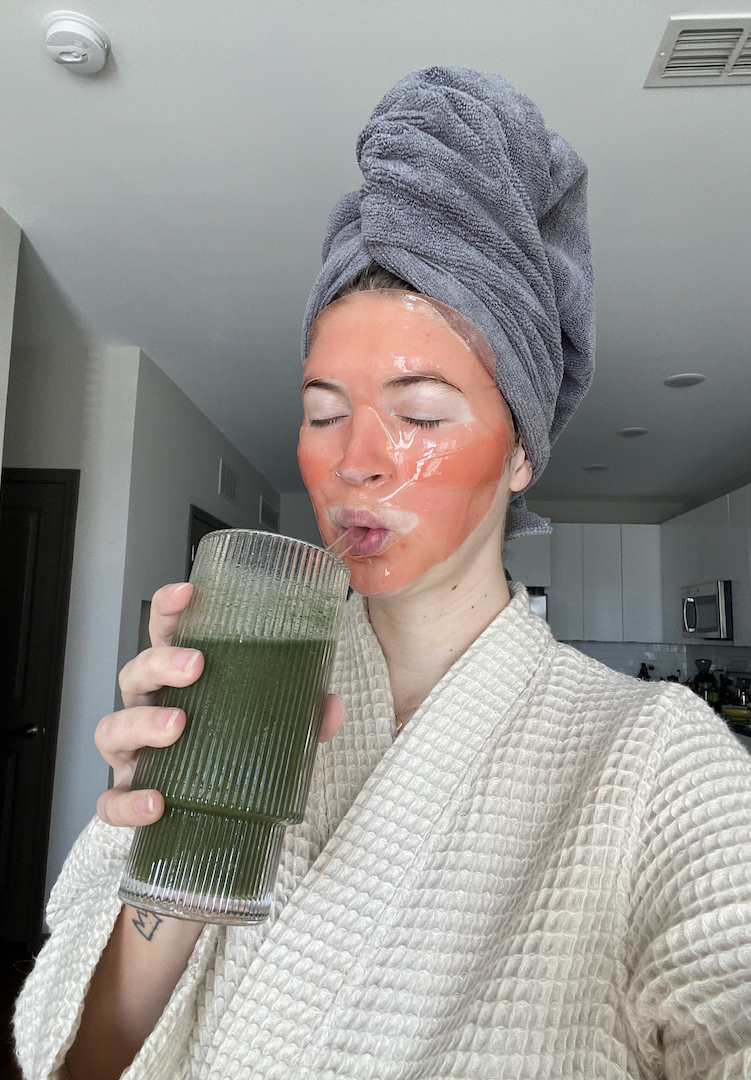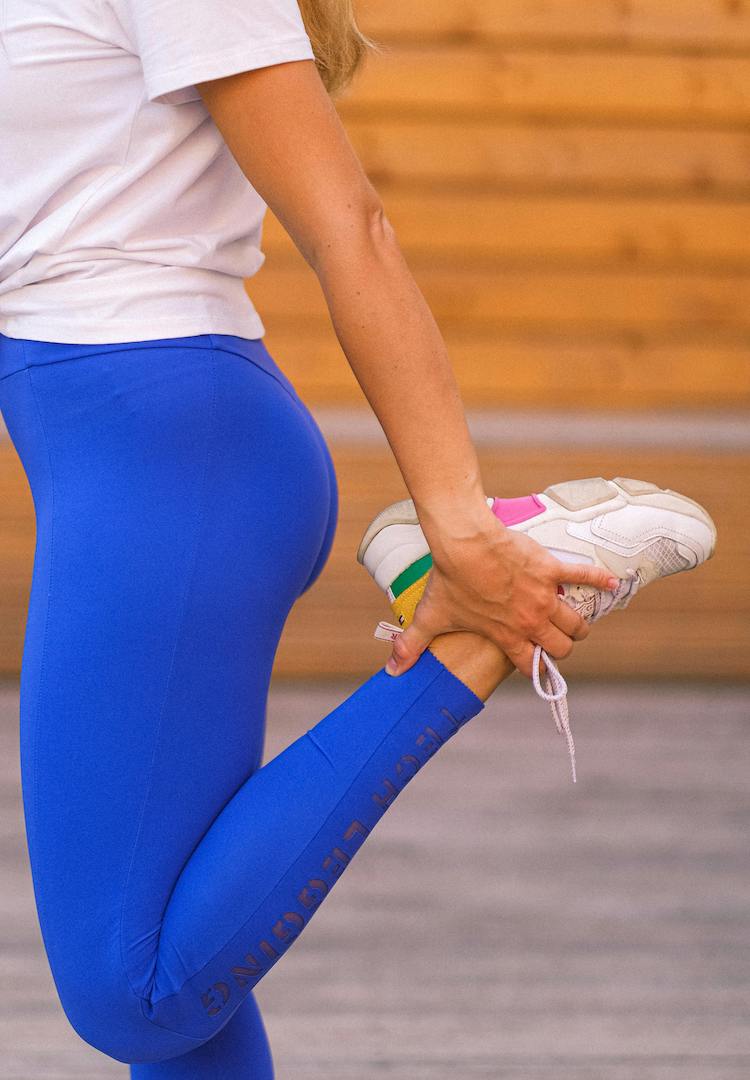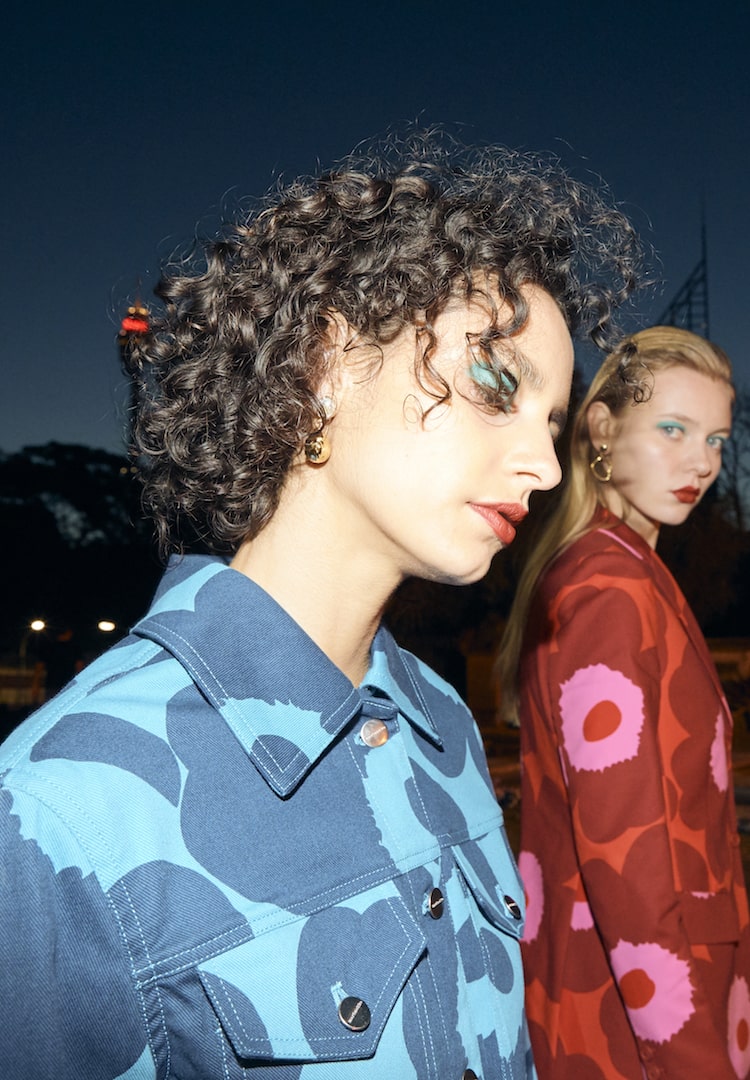Why do we need influencers to make us feel good about ourselves?
WORDS By Bianca O’Neill
We follow them for inspiration but tear them down when they provide it.
Following the birth of her second baby, Melbourne-based influencer Lisa Desanctis has been sharing her touchingly honest post-partum life on her well-followed Instagram page @lisa_desanctis. Among a few funny selfies on-set featuring ill-placed milk leaks, and warm, aesthetic baby paraphernalia any mom would love to add to her own nursery, Lisa decided to share an update on her post-baby body, posting a selfie in an old pair of jeans.
This proud declaration of being able to fit into her pre-baby jeans irked a couple of her followers, and predictably, she copped a bunch of flak for doing so. In a swift apology, posted on her Instagram stories, she acknowledged that she could see how it may have made some of her followers upset with their own post-baby bodies.
Looking for more thought-provoking lifestyle content? Head to our Life section.
“I was taken aback because I do have great followers, and they’re all genuinely pretty amazing,” Lisa tells me of the incident. “And I don’t often get much blowback, but I did that time – and then I felt really guilty because I know what it’s like when you’re in the trenches as a new mom… And so I just immediately felt that I had done completely the wrong thing. So I posted an apology. And then that’s when I had maybe hundreds of people being like, ‘You do not need to apologise!’.
“And I realised oh, they’re right, I shouldn’t be made to apologise for how I’m making someone else feel… I realised that I should be allowed to celebrate. And I think the internet, it’s very quick to cut down tall poppy syndrome and very quick to think that it’s someone who’s bragging, as opposed to someone who’s being proud – when really they’re just trying to inspire.”
As a well-documented sore point among people who’ve had babies, she was probably brave to venture into the discussion about post-baby bodies. But it was her knee-jerk apology, which I watched in real-time, that made me wonder: when did it become an influencer’s job to make us feel good about ourselves, to the detriment of sharing their own positive journey?
It’s a growing trend
Lately, I’ve noticed a growing trend of these quick-to-anger takedowns of anyone sharing their success online. Whether it’s an influencer simply existing in a thin body, which attracts passive-aggressive allegations of eating disorders, to this poor TikTok creator being attacked for buying her own apartment at 21, it seems there’s no limit to the vitriol we will sling at anyone who dares to be something we feel we are not.
And look, this isn’t to say there aren’t a few breathtakingly tone-deaf influencers out there, but if done respectfully and without judgement of others who are not in a similar position, is it really problematic for an influencer to share their success – even if a lot of us aren’t able to achieve that with our own circumstances right now? Or, perhaps, is it more problematic to bully a stranger on the internet, simply for being more successful at something than us?
Carly Dober, psychologist and Headspace App’s Mental Health Expert, agrees that this kind of behaviour is tantamount to cyberbullying, and explains that on social media we often engage in harmful ‘upward comparison’, which builds resentment and can often result in negative behaviour.
“Australians culturally really like the underdog. Unfortunately also in Australian culture, we have tall poppy syndrome. This is where we tend to celebrate people who are self-deprecating and humble, and we don’t like people who share their success or brag about it. It’s a very difficult balance to maintain as an influencer! We want you to succeed, but we don’t want you to post about how good your life is too much and push it in our face[s].
“Scrolling through social media is often a mindless and automatic habit, and once we see people tear down a person on the internet, we can join in and we can forget that they are a real person with real feelings, and real hopes and dreams. [But this behaviour is] actually bullying… If someone on the internet is making you feel a certain way, you have the power and the choice to unfollow, to block, and to turn your phone off,” she tells me.
It’s probably no surprise that the majority of influencers subjected to this kind of upward comparison-style bullying on social media are young women. A recent report showed that the cost of living crisis is affecting women the most, and when you add that to a local rental crisis, the increasing insecurity in an ever-casualised job market, as well as a prevailing gender pay disparity, it’s no wonder women on the internet are stressed, under pressure and looking for an outlet for their anger.
However, this comparative jealousy undermines what is an unequivocal moment in history for women’s entrepreneurship; a moment in time when women can create their own business with little more than a phone, and build a following in a single viral instant, generating self-earned income that comes with work-life flexibility and complete control over their own careers.
Young women creating their own successful careers on the internet should be admired, not scorned. And yet the negative pop culture generalisation prevails; influencers are a pox on traditional values, promoting consumerism to their own lucrative advantage. But here’s the question we really need to ask: how does this differ from traditional advertising, aside from who is raking in the cash?
What’s the moral difference between a model spruiking a can of coke on TV between MasterChef challenges, and an Instagram model doing exactly the same thing on social media, provided it’s graced with the hashtag #ad?
Ironically, social media is simultaneously flush with inspirational quotes about women supporting women, while also providing easy access to criticise more women than ever before. And within that space, often people forget that a real person is on the other side of the picture.
“For some reason, the negative ones really stand out,” says Lisa. “From everyone I speak to in the influencer space, it’s a very easy trap to fall into – that you focus on those one or two negatives, instead of looking at the 100 other positive messages that you’ve got. For some reason, they always seem to stick in your head. And you think about them more, when it should be the other way.
“I don’t question a lot when I’m posting. I think you could very easily second-guess everything you’re putting out on the internet, but I just like to post what I’m feeling and what I’m thinking. And I don’t try and read too much into it. And then sometimes I feel like members of the public read way more into it than you ever intended. Or react to it in a way that you just didn’t even realise was a way that someone would react, or just didn’t even occur to you.”
So what can we do when we’re feeling negative thoughts towards a stranger on social media, or we get that overwhelming urge to issue a takedown comment? According to Carly, it’s more powerful for your mental health to take your feed into your own hands.
“I’d recommend being mindful when using all forms of social media,” she says. “It is like your own unique magazine, where you pick and choose the content. You can unfollow people and accounts each month that make you start to think negatively, or when you find that you are comparing yourself to them and it is impacting your well-being.
“Social media can be so incredible for mental health and well-being if we use it intentionally. If we follow pages that make us think critically, that help us to connect and inspire us. If you are noticing that your mood is persistently different to what it usually is and you’re finding it very distressing to be on social media, please ensure that you connect to a licensed mental health professional who can support you in working through what is coming up for you.”
If you or someone you know is struggling with their mental health, you can contact Lifeline on 13 11 14.
Bianca O’Neill is Fashion Journal’s Senior Industry Columnist. Follow her at @bianca.oneill.


